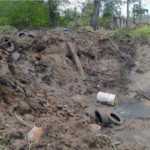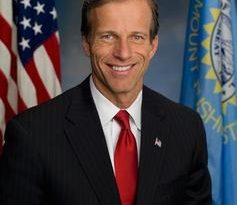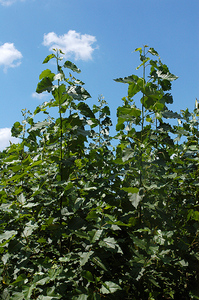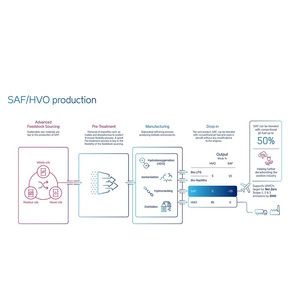UK groups take action against wood products from Russia, Belarus
Energy Disrupter
ADVERTISEMENT
The U.K. Pellet Council and Forest Stewardship Council have announced they will no longer recognize wood products coming from Russia and Belarus, stopping their import for use in bioenergy applications. The U.K. Association for Renewable Energy and Clean Technology is welcoming those decisions.
The FSC on March 8 announced its international board of directors has agreed to suspend all trading certificates in Russia and Belarus and block all controlled wood sourcing from the two countries. “This means that all certificates in Russia and Belarus that allow the sale or promotion of FSC products are suspended,” the FSC said in a statement. “In addition, all sourcing of controlled forest products from the two countries is blocked. This means that once this suspension and blockage becomes effective, wood and other forest products can no longer be sourced as FSC-certified or controlled from Russia and Belarus for their inclusion in FSC products anywhere in the world.”
To continue to protect forests in Russia, FSC said it will allow forest management certificate holders in Russia the option of maintaining their FSC certification of forest management, but no permission to trade or sell FSC-certified timber.
Mark Lebus, chair of the UKPC on March 12 issued a statement announcing that wood pellets will no longer be sourced from Russia or imported from Russian producers. He cautioned the action might cause some short-term price increases for biomass heating systems and called on the U.K. government to invest in domestic wood pellet production.
“With U.K. and international sanctions in place, we estimate that total European production may be reduced by some 12-15 percent, so there may be some short-term price rises due to the ongoing situation and heightened competitiveness between countries,” Lebus said.
“Whilst the U.K. biomass heat industry is a small, successful and very niche market, primarily servicing rural and off-grid, domestic and commercial users, we are indeed operating in a global wood pellets industry,” Lebus added. “The market going into winter gone was tight due to an increased roll-out of biomass boiler installations across Europe and new renewable energy programs being delivered across EU member states, and this was amplified further by a big rise in shipping and container costs. These external factors also pushed other industries, such as the power stations and larger utility companies – totally separate to the biomass heat sector, to purchase and opt for bigger bulk shipments, buying a much greater quantity of and higher quality of premium wood pellets in addition to their usual lower, industrial grade stock requirement.”
Lebus called on the U.K. government to “better support, strengthen and heavily invest in a ‘home-grown’ wood pellets production market which would not only see the U.K. becoming mostly self-sufficient for biomass wood fuel, and therefore less reliant on imports and energy price hikes, but also attract greater inward investment for new manufacturing plants, creating thousands of green jobs for rural areas.”
The REA is welcoming actions taken by FSC and UKPC and calling on the government to help develop domestic biomass feedstocks.
“The REA welcomes the commitments of biomass supply companies to urgently restructure their supply chains, ensuring that biomass feedstocks, such as wood pellets, will no longer be sourced from Russia or Belarus,” said Terence McCracken, chair of the REA’s Wood Heat Forum. “Decisions by the U.K. Pellet Council and the Forest Stewardship Council to no longer recognize Russian wood products are to be applauded, as the U.K.’s renewable energy and clean technology companies continue to insulate our energy demands from Russian supplies.
“The U.K. biomass heat industry is keenly aware of the impact this may have on biomass availability. The REA is committed to working with our members of the Wood Heat Forum, their suppliers, and broader sector stakeholders to help the industry diversify its supply chain and address the shortfall resulting from cutting Russian imports. As a result, it is essential that industry and government use the opportunity provided by lower heat demand in summer to reinforce supply chains in time for next winter.
“Crucial to this is the Government taking the need to expand domestic biomass production seriously by supporting the production of perennial energy crops and short rotation forestry products,” McCracken continued. “The Climate Change Committee has previously highlighted the need to plant 23,000 hectares of energy crops a year if we are to meet our Net Zero ambitions. Current international supply constraints should be considered, yet there needs to be further impetuous to ensure that farmers and landowners are rewarded for the growth of such crops and for the additional environmental benefits they provide, primarily through the Government’s Environmental Land Management Scheme.
“The REA and its members stand ready to see biomass feedstocks supply chains appropriately diversified, so that biomass can continue to play its role in both delivering decarbonization and future energy security for the U.K.”
















